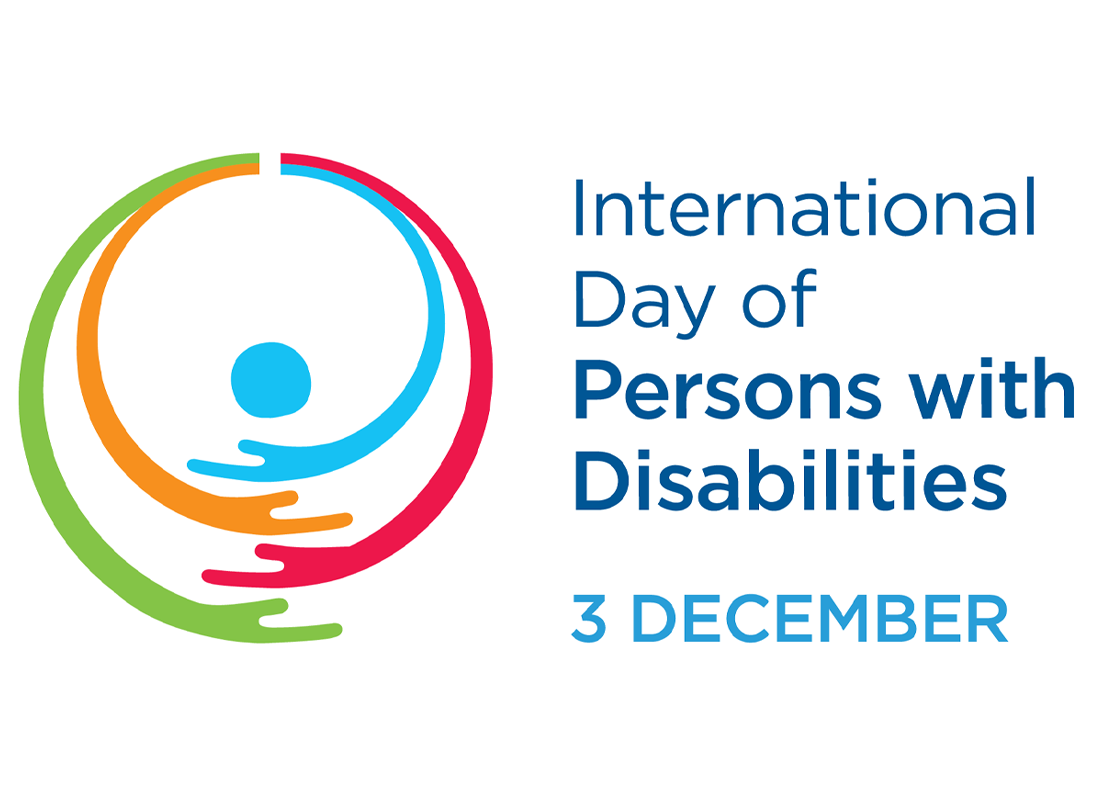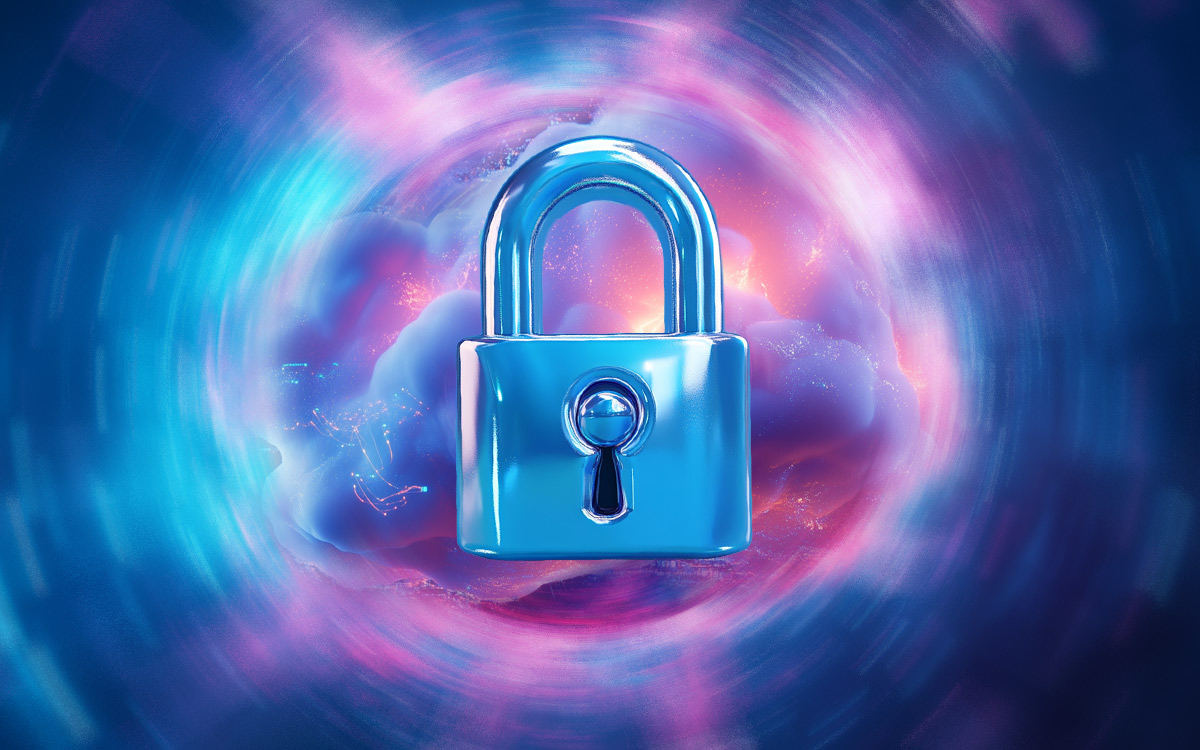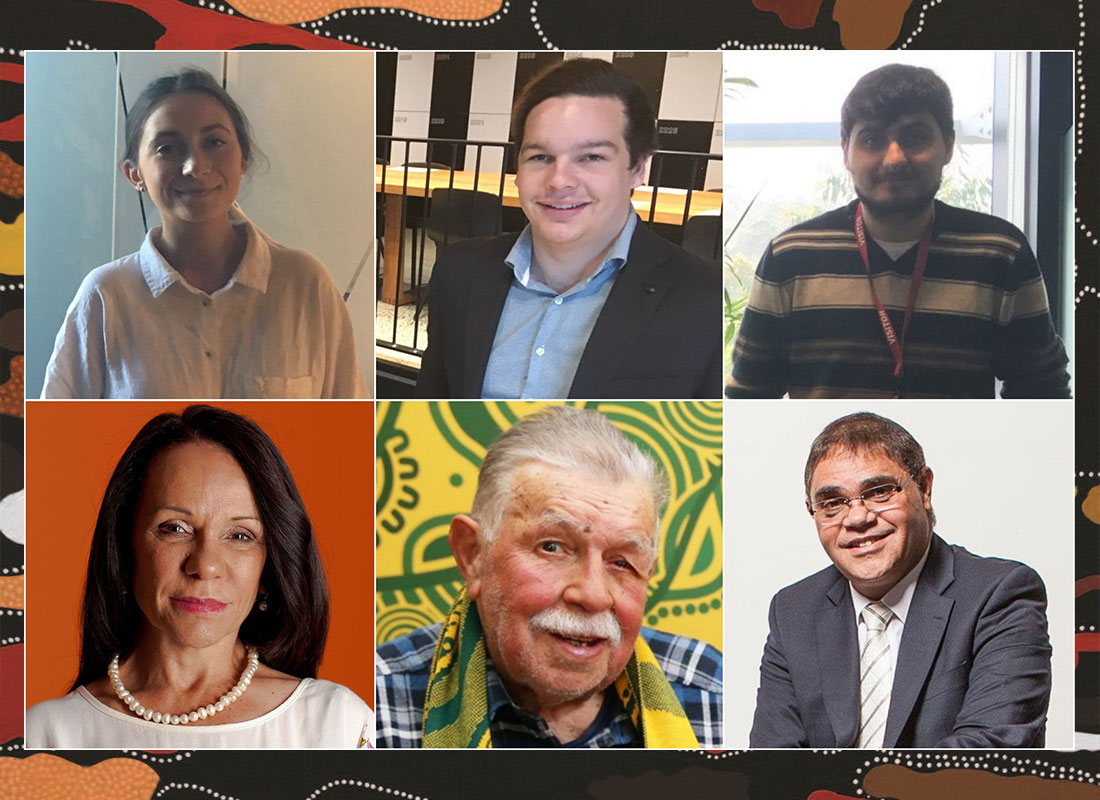
NAIDOC week is an annual celebration which invites all Australians to celebrate the history, culture and achievements of First Nations people. This year, the theme is “Always Was Always Will Be”, recognising that First Nations people have occupied and cared for this continent for over 65,000 years.
As part of Fujitsu’s NAIDOC 2020 celebrations this year, we will be acknowledging the history and achievements of First Nations people by sharing profiles, written by our Indigenous interns, on some of the First Nations people who have inspired them. Read on for some of their stories.
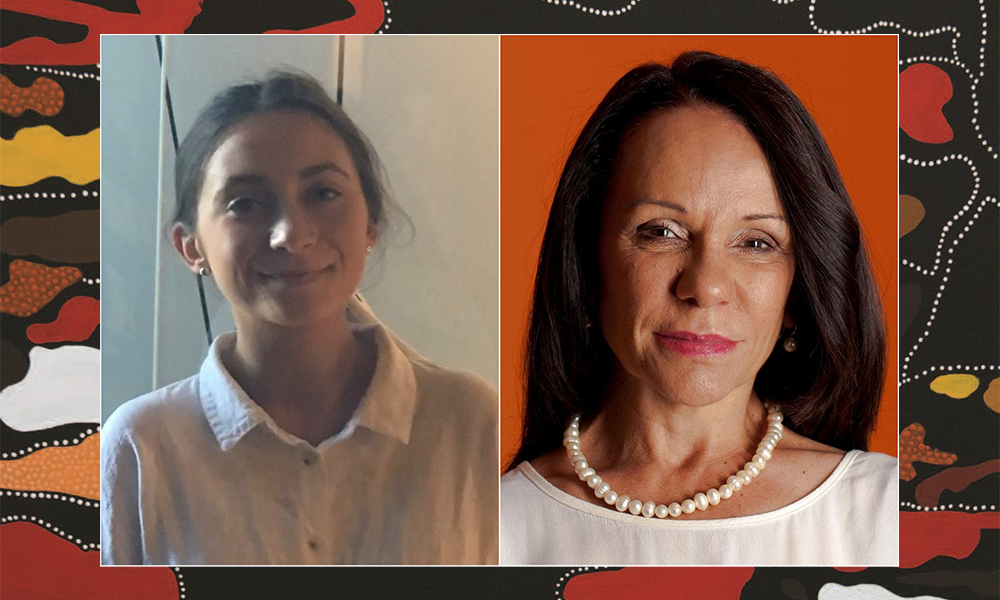
Author: Allastasia Carter (Left)
Inspirational figure: Linda Burney (right)
"I say this in the strongest possible terms: Governments come and go. Public opinion waves and wanes. We ain't going nowhere. This is our country. We will never forgot the pursuit of our rights"
- Linda Burney, 2018
Linda Burney is a proud Wiradjuri women who has overcome extraordinary adversity to become an educator, senior bureaucrat and politician. She is a member of Australian House of Representative, and the Shadow Minister for Families and Social services and for Preventing Family Violence.
Born in 1957, Linda was one of the first Aboriginal students to graduate from Charles Sturt University, previously known as Mitchell College. She began her teaching career in the late 1970s. At the age of 22, she, alongside John Lester, Lynette Riley and Trevor Cook established the first Aboriginal Education unit within the NSW Department of Education. This helped to implement ongoing standards and expectations for Aboriginal education across Australia.
Linda has held prominent positions in the civil service and various non-government organisations. She has held senior positions on a number of boards including SBS, the NSW Anti-Discrimination Board and the NSW Board of Studies. She was also an executive member of the National Council for Aboriginal Reconciliation, President of the NSW Aboriginal Education Consultative Group and in 2006 she was elected National Vice President of the Australian Labor Party.
In the 2016 general election, after 13 years on the NSW parliament, Linda won the federal seat of Barton, making history by becoming the first Aboriginal woman to be elected to the House of Representatives.
I believe she is an influential figure due to her hard work and dedication to the development of Indigenous communities, locally, regionally and nationally. As an Aboriginal woman wanting to go into politics, I look to her as a role model who has demonstrated her continuous commitment to campaigning for Aboriginal rights within education and politics. Linda is a strong Aboriginal women who has kept true to her herself, her people and her culture, which is something that I admire.
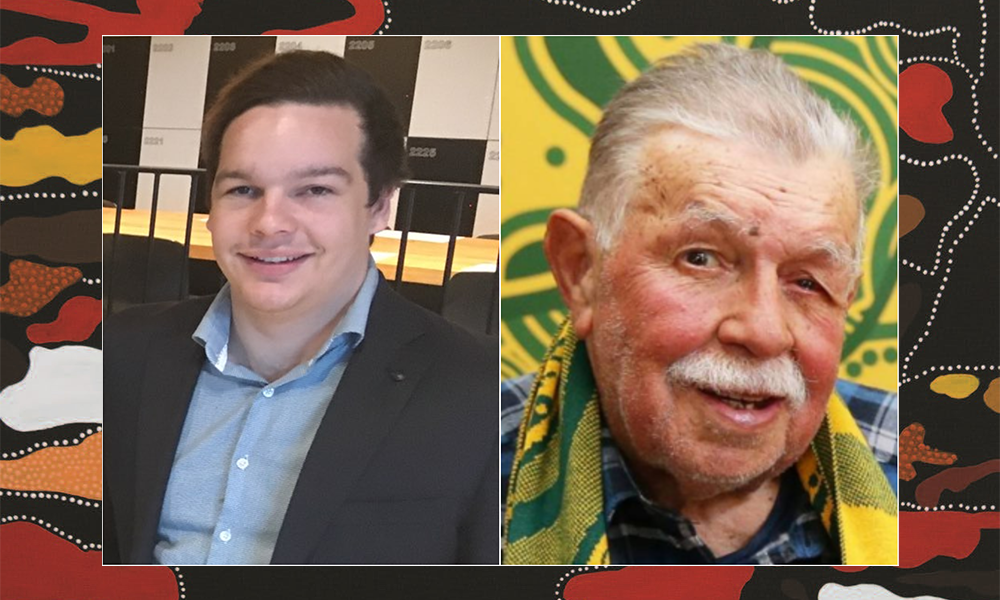
Author: Jayden McLeod (Left)
Inspirational figure: Lloyd McDermott (right)
Born in 1939, in Queensland, Lloyd McDermott, or Mullenjaiwakka, was a proud Mununjali and Wakka Wakka man. His sporting and academic ability saw him receive a scholarship to attend a Grammar school in Brisbane. This was his pathway into both University and representative rugby.
As an outstanding schoolboy athlete, Lloyd represented Queensland on 10 occasions, before becoming the second Indigenous person to gain a Wallabies selection – playing two tests against New Zealand in 1962. In 1963, he refused to participate on a tour to South Africa, objecting to being classified by the host as an "honorary white" (the only basis on which he could compete against the all-white South African Springbok team under South Africa's apartheid regime). He then went on to play Rugby League for a season in 1964.
Whilst having his freakish ability on the sporting field, this was never his end goal. He completed his university studies alongside his sporting tours, and by the end of his Rugby career he had a Law degree. After graduating, he worked in the Commonwealth Deputy Crown Solicitor’s Office, and was then admitted as a barrister in New South Wales.
This achievement allowed him to become Australia’s first Indigenous Barrister. Later, he went on to complete a science degree from the University of Sydney and a Criminology degree from the University of New South Wales. He was also a member of the Mental Health Tribunal of New South Wales, and a trustee of the New South Wales Bar Association Indigenous Lawyers’ Trust.
In 2009, at the Bar Association of Queensland Annual Conference, the Mullenjaiwakka Trust for Indigenous Legal Students was launched. This Trust was established to assist indigenous law students towards a career at the bar.
Throughout his working career, Lloyd also founded the Lloyd McDermott Sports Foundation, which promotes opportunities for indigenous youth. This goes far beyond regular sporting teams. From 2015 to 2017, I had the pleasure of being involved in his Rugby Development team which saw me go on for later honours. His program had pathways to the State Championship’s, international tours, financial support and a mentoring system. The whole program itself was a friendly community.
As a young Aboriginal kid from a small country town who has a scholarship opportunity to go to a better school and is studying towards a law degree, I have nothing but the highest respects for this great man. To achieve what he did, through the times he did, is simply astonishing. I can only imagine it would’ve been incredibly challenging and rare to be given scholarships and opportunities through a time where he wasn’t even allowed to vote or be counted as a person in the census. But he has now paved the way for many more young indigenous kids to benefit from the platforms he set.
Unfortunately, Lloyd passed away in April 2019 but his legacy will never be forgotten.
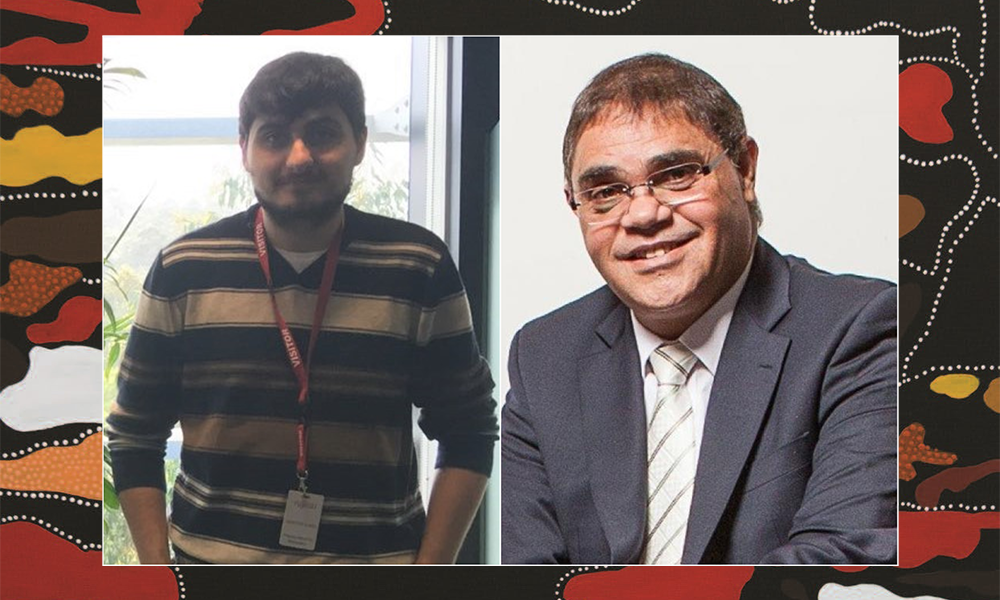
Author: Liam Gornall (Left)
Inspirational figure: Michael McLeod (right)
The inspirational person that I decided to write about is Michael McLeod, A Ngarrindjeri Monaro man from Southern NSW. Michael is currently the CEO/Founding Director of Message Stick, an indigenous communication company that works with large corporations and government agencies.
Michael has branched out from his own communication company to help out other indigenous organisations as well, including Supply Nation, Career Trackers and IDIC (Indigenous Defence and Infrastructure Consortium).
It was seeing an indigenous person in STEM that drew me to him, because for some reason indigenous people in STEM are like unicorns. But hearing his story is what inspires me and I imagine would inspire others.
In 1963, Michael was taken from his family at the age of 2, inducting him into the stolen generation. He didn’t get to meet his father or see his mother again until he turned 18. His childhood was largely spent going between different foster and state ward homes throughout NSW.
By his mid-twenties he completed a degree in Aboriginal Affairs at the South Australian Institute of Technology. Sadly at that time though, he also fell victim to drugs and alcohol up until his early thirties, becoming homeless. However, Michael found a rehab program and has now been clean and sober for more than 15 years.
Since then, he has helped others with rehabilitation even taking up a role in the Illawarra Area Health Service, providing programs and workshops to Aboriginal communities.
Much later he created Message stick with the intent of showing that Indigenous and non-indigenous people are able to work together to achieve generic economic results while still being able to support community growth.
Just that small glimpse into his life astounds me – that when facing such adversity he managed to get so far and achieve amazing things. I hope other young indigenous people hear his story because I believe just as I was inspired by him, many others would be as well. Whether or not that inspiration is over coming addiction or taking a career path that many indigenous people don’t take very often, Michael is truly an inspirational figure to look up to in the indigenous community.
To find out more about Fujitsu's Indigenous Internship program, read our blog here.
For more inspirational stories of First Nations people, read Part 1 of the blog here.


